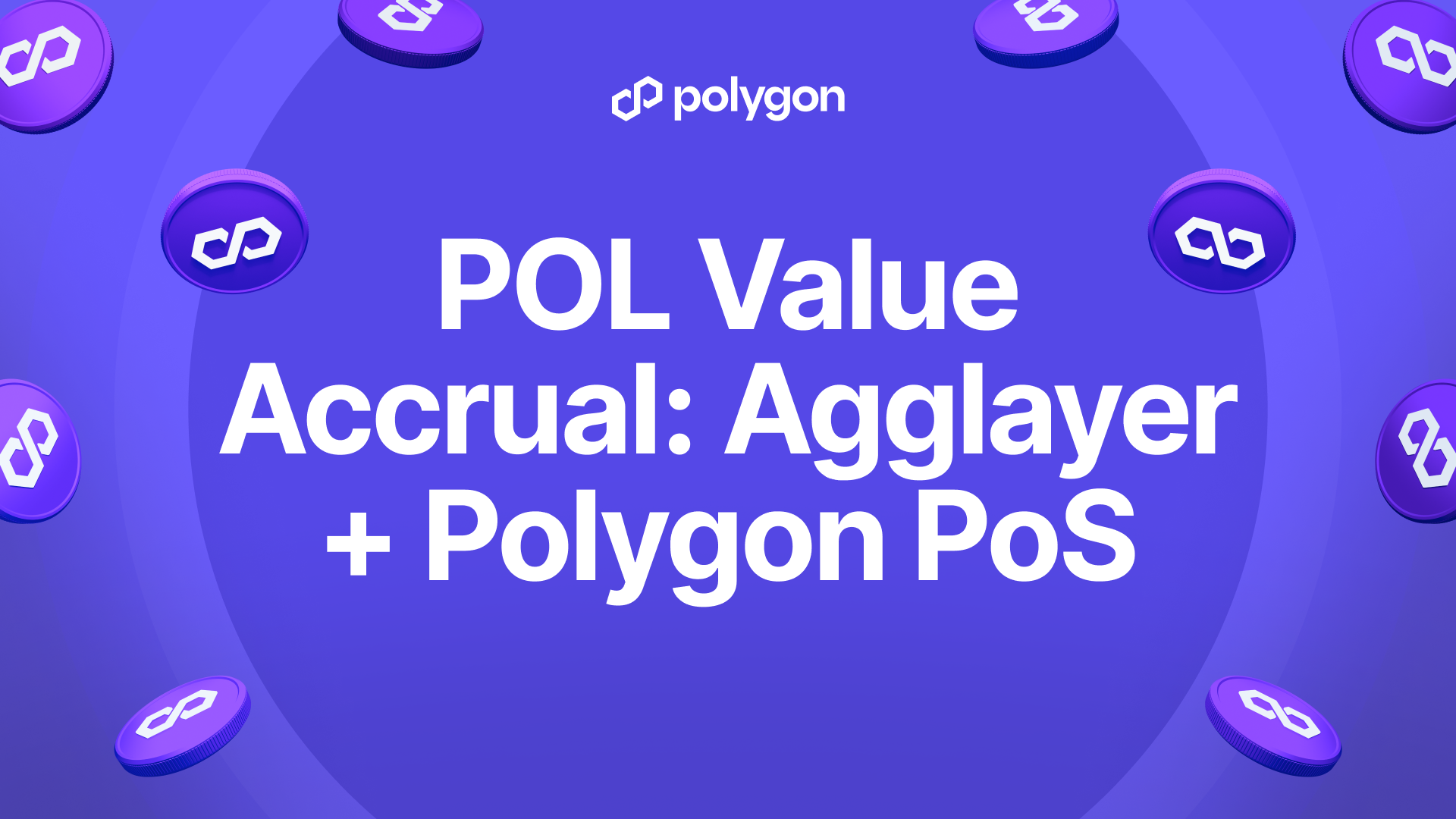Polygon Takes A Major Lead In ZK Rollups; Welcomes Mir, A Groundbreaking ZK Startup In A $400M Deal

TL;DR: We are excited to announce that Mir, a startup building groundbreaking ZK tech, is joining the Polygon family in a $400M* deal. Mir gathered a team of talented cryptographers and engineers, and after almost two years of work developed the world’s fastest ZK scaling technology. The Mir team is now joining Polygon in order to utilize this groundbreaking technology and build our new project - Polygon Zero, a highly-scalable, Ethereum-compatible ZK Rollup.
Polygon is focused on Zero-Knowledge (ZK) cryptography as the end game for blockchain scaling. We have committed $1B from the Polygon treasury to this effort, and we outlined our plans in our ZK Thesis.
We have already made several major steps toward building this exciting ZK future. The first was the merger with Hermez Network (now Polygon Hermez) and the announcement of zkEVM, a ZK-friendly EVM implementation. This was followed by the announcements of Polygon Miden, a STARK-based, Ethereum-compatible rollup, and Polygon Nightfall, a privacy-focused rollup built in collaboration with EY. Now we are excited to follow through with our commitment and take a major lead in this exciting field with the announcement of Polygon Zero.
Here is why we are very excited about this project.
- Polygon Zero has a game-changing, Ethereum-friendly technology at hand
ZK scaling represents the future of Ethereum, but scalable, EVM-compatible ZK Rollups don’t exist yet. The missing piece is efficient recursive proofs, as recursion allows us to parallelize proof generation for much better performance. Unfortunately, the existing recursive proof systems supported by Ethereum are inefficient and slow.
This ends today. We are announcing plonky2, a recursive proof system that is incredibly fast, and Ethereum-friendly. We believe this engineering breakthrough will be a huge value-add to the community and will open new frontiers of Ethereum scaling.
The Mir team has been quietly working on recursive ZK proofs for almost two years. In 2020, they were the first to implement recursive proofs based on PLONK and Halo. This year, the team set an ambitious goal: sub-second recursive proofs. They built plonky2, a carefully optimized proving system based on PLONK and FRI.
Plonky2 can generate recursive proofs in an incredible 170 milliseconds on a laptop. To the best of our knowledge, this is by far the fastest recursive prover implementation available today. Plonky2’s excellent performance makes it ideal for building an Ethereum-compatible ZK virtual machine. Most importantly, plonky2 is practical to use on Ethereum, with 45kb proofs in size-optimized mode.
Additionally, the unique features of plonky2 open the door for horizontal scaling of blockchain networks. Currently, the throughput of every blockchain (including every scaling solution) is limited by the capacity of the weakest node in the network, because every node has to process every transaction. With horizontal scaling, the throughput can be proportional to the total computing power available in the network. This can fundamentally improve scaling properties, because the throughput increases with every node that gets added to the network.
Plonky2 will be announced in the coming weeks, along with benchmarks and explainers.
- Polygon Zero has a world-class team
Over the past six months, we’ve met with leadership from nearly every project in the ZK space as we’ve developed our ZK thesis. During this process, we determined that Mir’s team is one of the most talented groups working on ZK technology.
Based out of four countries on three continents, the team is growing rapidly, and features an impressive variety of backgrounds and skill sets, from engineering at Google to PhD research in pure math, and degrees from top crypto research institutions like Berkeley and EPFL.
We’re humbled to join forces with Mir to start this exciting effort, and to help drive the entire ZK space forward.
- Polygon Zero is already under active development
Polygon has been working with the Mir team for a while now, and together we have come up with the overall design, approach, and roadmap for Polygon Zero. The implementation is already well underway, and we will be sharing more details soon.
The solution involves compiling Solidity code to a new, “ZK-friendly” bytecode format. We then prove the execution of a virtual machine which executes this bytecode.
For easier understanding, this approach is conceptually similar to the one taken by Matter Labs for their upcoming zkSync 2.0, with some clever optimizations and high proving efficiency enabled by plonky2.
We are very excited about this solution and confident that it will push the frontiers of Ethereum adoption by allowing huge scaling improvements without sacrificing security.
Wider Polygon vision
Polygon Zero will become an integral part of the wider Polygon ecosystem, alongside existing Polygon solutions: Polygon PoS, Polygon Hermez, Polygon Miden, Polygon SDK, Polygon Nightfall, and Polygon Avail.
Our industry is still in an early phase when it comes to scaling and blockchain infrastructure in general, and at Polygon it is our strategic decision to explore and encourage all meaningful scaling approaches and technologies at this stage. We believe this is the only way to establish Polygon as the leading blockchain platform and to onboard the first billion users to Ethereum.
As mentioned above, we are especially optimistic and focused on ZK-based solutions. We are happy to already have four such efforts under the Polygon umbrella, and even happier that they are already actively collaborating and working towards common goals and vision. It is our belief that Polygon now has all the necessary components to become the industry’s leading ZK powerhouse and significantly push the frontiers of innovation in this exciting field.
Let’s bring the world to Ethereum!
*The maximum amount that will be committed for this deal is $100M and 190M $MATIC tokens, or roughly $400M based on the price at the time of reaching the agreement (November 26th, 2021).
Join us and be a part of our Ecosystem!
Website | Twitter | Developer Twitter | Telegram | Reddit | Discord| Instagram | Facebook | LinkedIn



.png)


%20(1).png)







.png)


